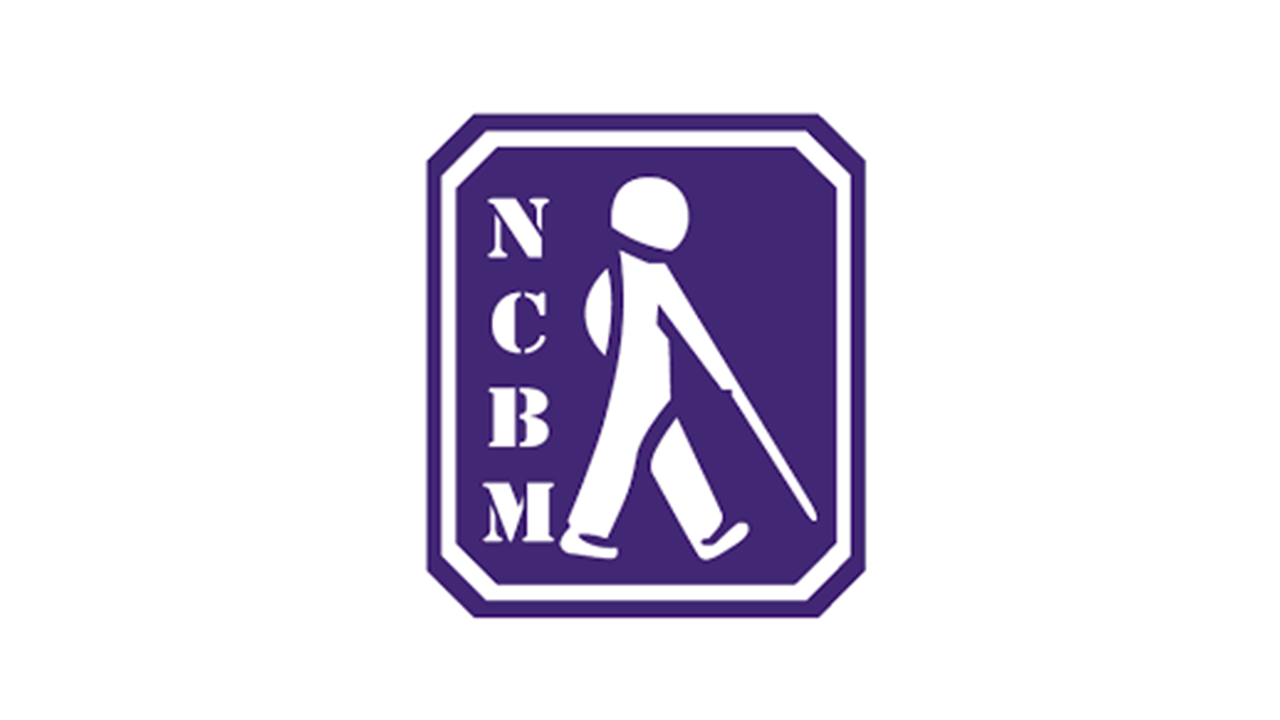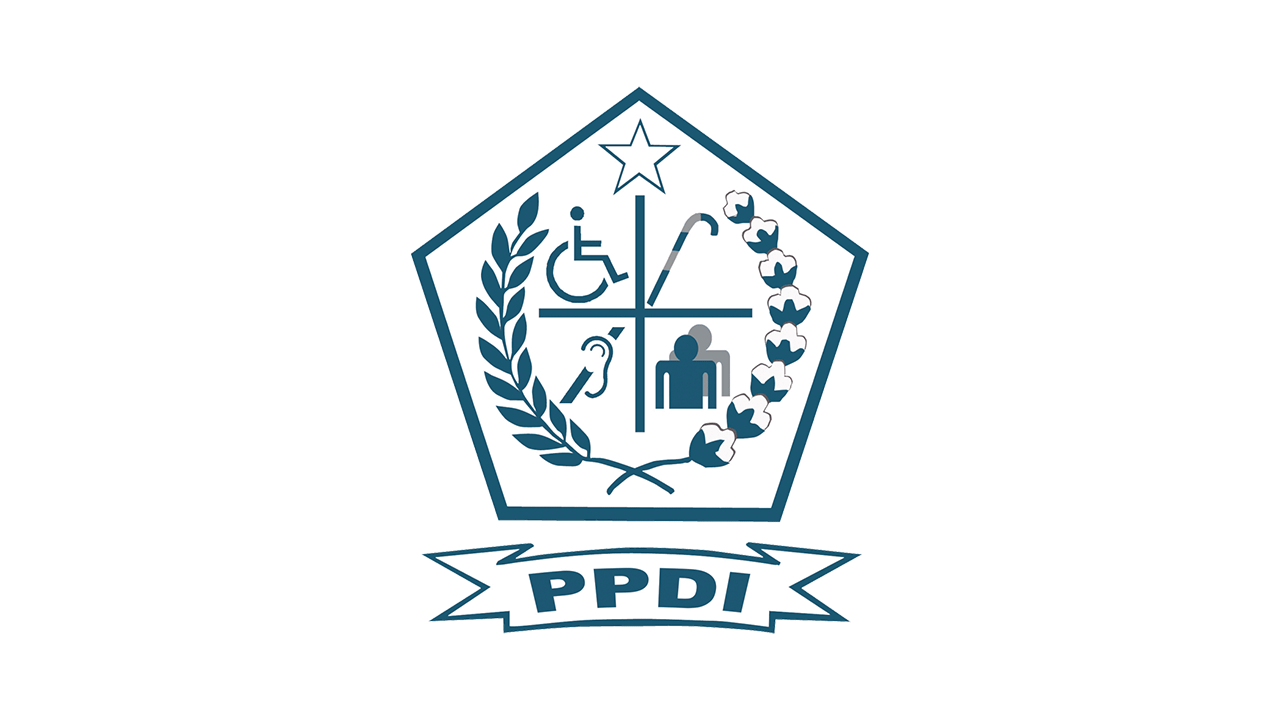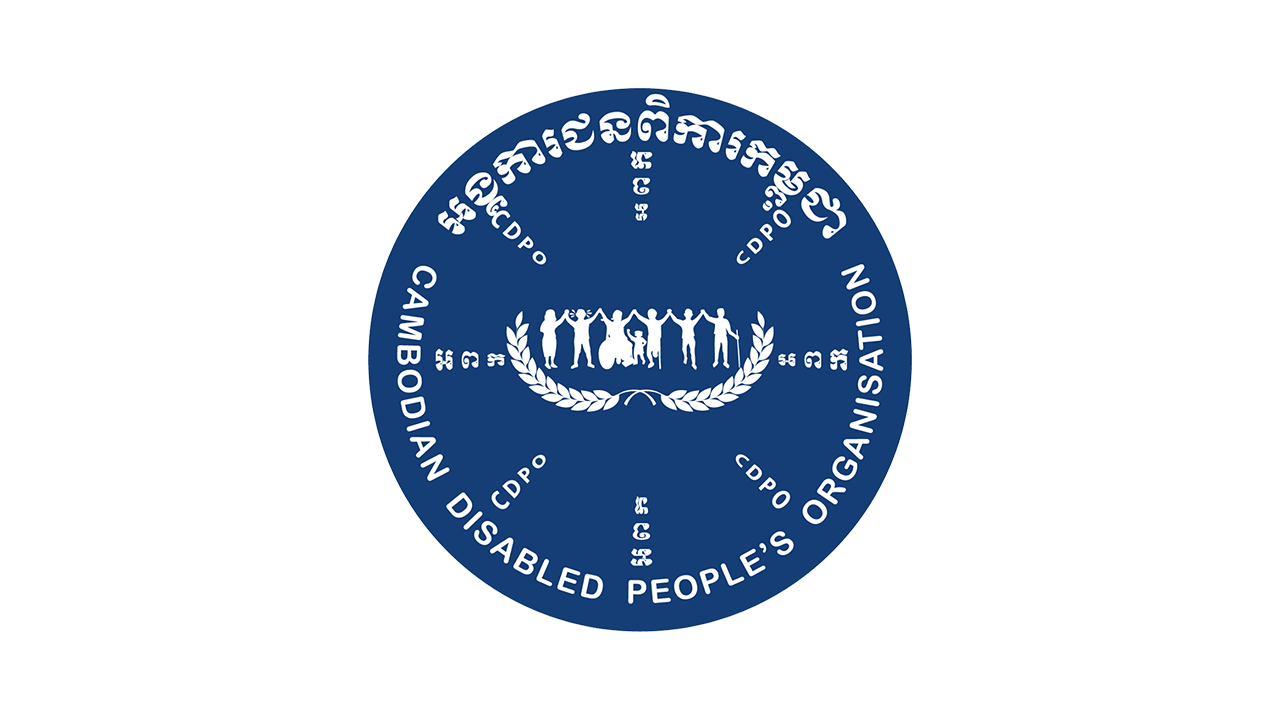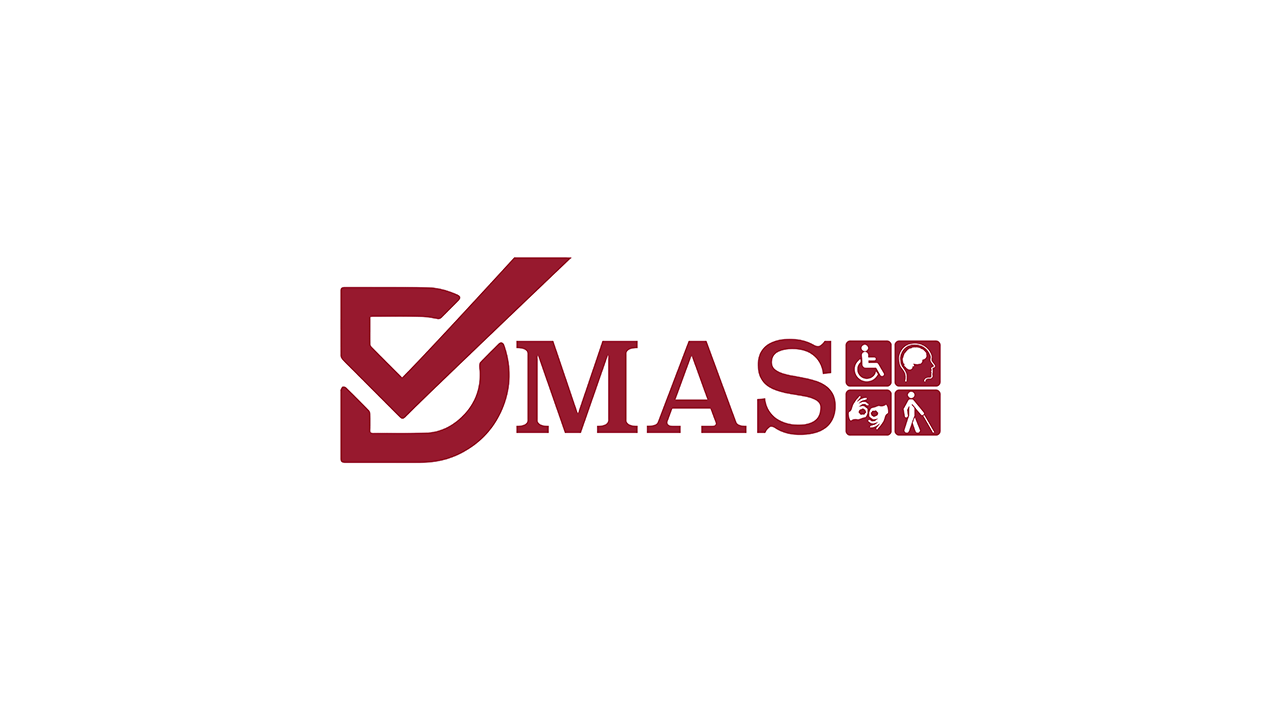
Indonesia held a presidential election on Wednesday, July 9, 2014. Election Day was a national holiday, with voting taking place from 7:00 a.m. to 1:00 p.m. Vote counting took place after 1:00 p.m. at the polling station. All citizens of at least 17 years of age were eligible to vote. There were193, 944,150 registered voters for the July 9, 2014 presidential election, with133,574,277 valid votes cast. The voter turnout rate was 69.6 percent. Joko Widodo and Jusuf Kalla won the elections with 53.15 percent of the votes. The presidential inauguration was held on October 20, 2014.
The observation of the Indonesian presidential election was carried out as part of the second phase of the AGENDA project, supported by the Australian Government Department of Foreign Affairs and Trade (DFAT). It was in- formed by lessons learned from previous observation efforts conducted during the first phase of AGENDA in Cambodia, Indonesia, Malaysia, and the Philippines. It also built on tools and capacities developed during the first AGENDA phase, including the checklist and surveys for observing election accessibility, training curricula for election observers, strong partnerships built with DPOs and CSOs (such as the Indonesian Disabled People’s Association and the People’s Voter Education Network), and a history of collaboration with the Indonesian General Election Commission, the KPU.

For the presidential election there were 478,685 polling stations set up across a country of 17,000 islands. In light of this, and AGENDA’s limited resources, observation efforts were focused on a limited number of Indonesia’s 34 provinces. The provinces selected for observation based on these criteria were: Jakarta Special Administrative Area, Central Java, Aceh, South Kalimantan and South Sulawesi. AGENDA recruited 60 election observers per province, for a total of 300 observers across all five provinces and three international observers. Of these, 50 percent were observers from JPPR with previous election observation experience, while the other half were observers with disabilities who had little or no prior election observation experience. Thirty four percent of observers were women.
On 9 July, AGENDA/JPPR mobilized 300 trained observers to monitor the Presidential Election in five provinces (Aceh, Jakarta, Central Java, South Kalimantan and South Sulawesi). Half of the election monitors, organized by AGENDA’s partner JPPR, were persons with disabilities and 36% of the observers were female. Three different checklists/surveys with 72 questions in total were used by the monitors. The operation was coordinated from Jakarta with a coordination team of 10 and 20 data entry clerks in the call center who were in constant contact with the field. AGENDA Regional partner, Myanmar Independent Living Center (M-ILI) and Cambodia Disabled People Organization (CDPO) participated in the election monitoring activity.










